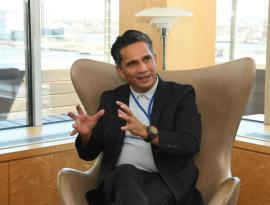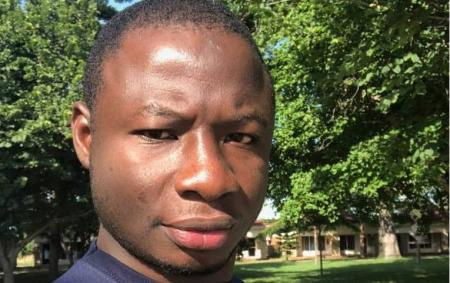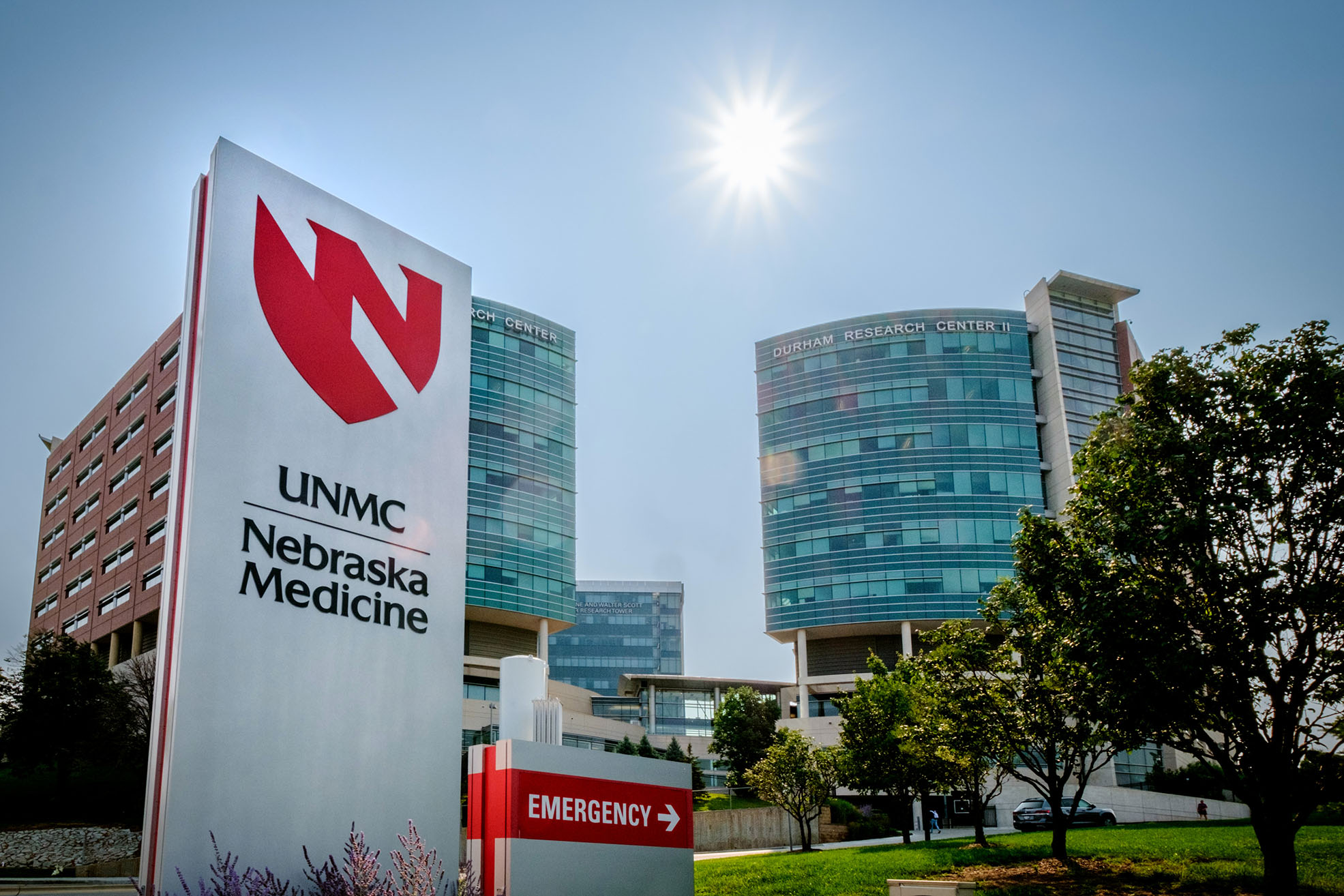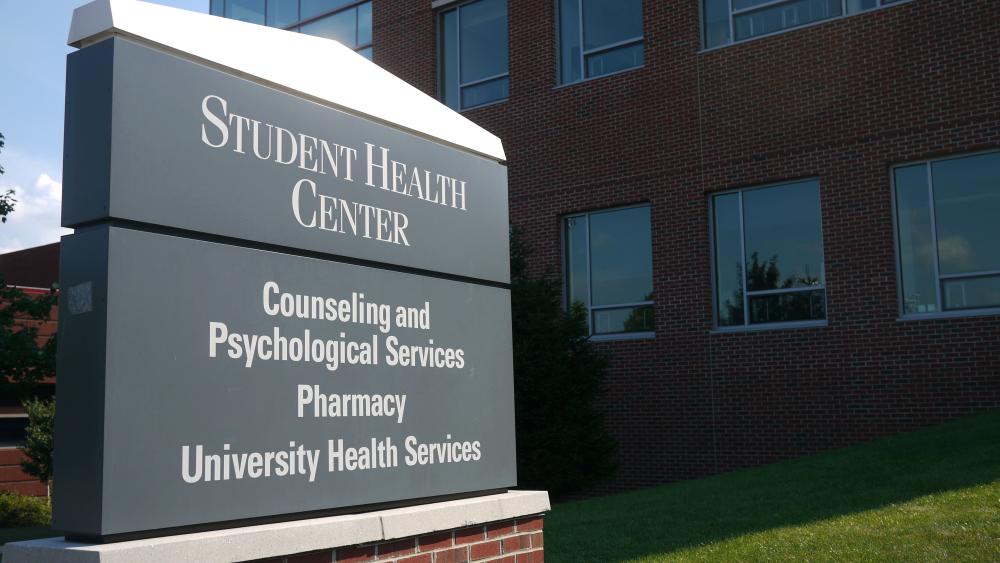The United States’ health care system scores high marks when it comes to responding to emergencies. If you are hit with a stroke or heart attack, chances are a medical team will promptly address your situation. What our system does much less well, however, is help individuals and communities live in ways that support .
Dr. Jennifer Clark is a hospice and palliative care physician as well as a visiting faculty member in The University of Tulsa’s Institute for Health Care Delivery Sciences. Deeply invested in re-imagining the health care paradigm that has governed Western societies for well over a century, Clark shared her insights and enthusiasm during a TEDxUTulsa talk on March 1, 2019.
A few hours before her presentation, Clark sat for an interview in which she offered both a context for a foretaste of her approach to This short article combines elements of both encounters.
“In the United States, we spend an astronomical amount of money, but have some of the worst health statistics in the world,” observed Clark. “People are suffering unnecessarily. We now have hard and fast data showing us that what we are doing is not working. It’s time to change.”
In Clark’s view, change is possible by turning away from conventional models of disease-centered care: “Ninety percent of a person’s health does not involve what we typically call health care, such as treatment by a nurse or doctor. Part of sickness and health are influenced by, to a small measure, genetics. It’s behavior and the ‘social determinants of health,’ such as housing, food, education and income, that have the most impact.”
Working from this knowledge, Clark concluded that One of the central questions that concerns Clark is how we can alter our mindset to recognize this fact and then make what she calls the “shift” to a more wholistic way of understanding and effecting health. In order to accomplish this,

As a palliative care physician, one of Clark’s main roles is to work as part of a multidisciplinary team helping patients understand their life-threatening conditions and the choices they have available to them. Clark and her colleagues also help patients manage their symptoms – primarily through non-pharmacological means – because “you can’t participate in your life, much less complex medical decision-making, if you’re suffering.”
Suffering. It seems like a simple concept indicating deterioration, malaise and pain. Yet, in both her interview and Tedx talk, Clark asserted the counterintuitive point that suffering is intimately connected with wellbeing. But how?
Working against the grain of an “antiquated, physical reductionist model” that posits health as merely the absence of disease, Clark, informed by expertise in both Western medicine as well as ancient Ayurvedic philosophy, frames suffering and wellbeing according to what she calls a “paradigm of both/and.”

For Clark, “health is the catalyst that brings the both/and to life on a day-to-day basis. Health belongs in our homes and communities, not just health care facilities and systems. Health is the experience of living a human life.”
By deploying these skills, she said, humans can break the shackles of suffering associated with the “internal threats arising from how we choose to live our lives: ignorance, egocentricity, isolation and fear.” These are conditions Clark associates with our society’s unhealthy habits of multi-tasking, over-consumption, judgment and alienation from “nature and her cycles and laws” by, for example, 24-hour workdays and permitting blue light to infiltrate and disrupt our sleep.
And so, what is the antidote? As her TEDx talk neared its conclusion, Clark encouraged us to embrace the both/and paradigm – to experience wellbeing through “knowledge, self-discovery, love and wisdom.” After all, Clark concluded, “we are not human doings, we are human beings.”
Find out more about the TrueBlue research and teaching underway at the Institute for Health Care Delivery Sciences.










